Why Poorer Countries Aren’t Likely To Get The Pfizer Vaccine Any Time Soon
Enlarge this image
The pharmaceutical company Pfizer, and its partner BioNTech said their experimental vaccine against COVID-19 appears to work — and work quite well.
Matt Stone/MediaNews Group via Getty Images
hide caption
toggle caption
Matt Stone/MediaNews Group via Getty Images
Goats and Soda
Poor Countries Fall Behind In Race To Reserve COVID-19 Vaccine
«What’s left in that pie is not a lot, Silverman says. «For most people in low- and middle-income countries, this vaccine is not likely to be available, at least, by the end of next year.
And even if Pfizer could manufacture more doses, its vaccine probably won’t work in many parts of the world. «It needs to be maintained, stored and transported at extraordinarily low temperatures, Silverman says. «And when I say extraordinarily low I mean, minus 80 degrees Celsius.
That’s equivalent to minus 176 degrees Fahrenheit – and much, much colder than a typical freezer, which runs at about 0 degrees Fahrenheit.
The Pfizer vaccine requires a special ultra-cold freezer that most hospitals and clinics in the U.S. currently don’t have.
«In the U.S. they’re projecting it’s going to be very difficult for this vaccine to be administered in just a normal doctor’s office, Silverman says. «So the vaccine is probably not going to be a great option for most low- and middle-income countries.
Shots — Health News
Operation Warp Speed’s Logistics Chief Weighs In On Vaccine Progress
Nevertheless, the announcement from Pfizer does offer some good news for developing countries. Many other vaccines currently under development use the same mechanism as the Pfizer vaccine. They target the spike protein of the SARS-CoV-2 virus.
«So the effectiveness of the Pfizer vaccine is good sign that other vaccines will also be effective, Silverman says. And hopefully, a few of those vaccines will be easy to store and transport as well.
- Pfizer vaccine
- COVID-19
- pandemic
- coronavirus
Обсудим?
Смотрите также:

